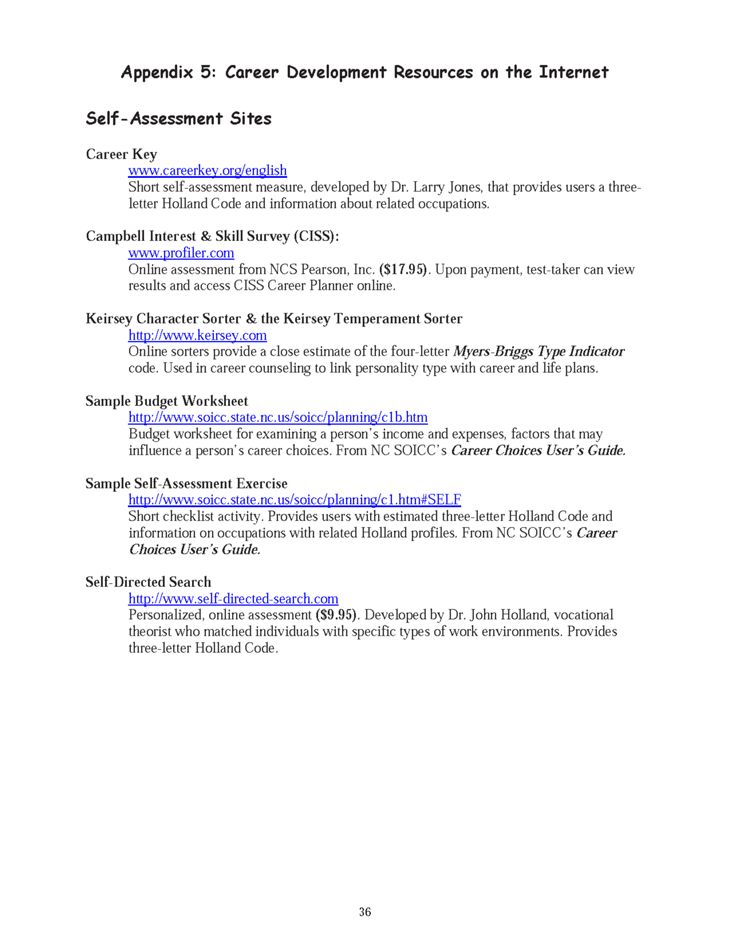
You should consider your qualifications and transferable skills when career changing. This includes any university degree and any other skill set. Although some skills transfer easily to new roles, others may not. It is essential to know the differences between hard- and soft skills. Hard skills are usually more tangible and can be transferred to a new position.
Changes in careers can be a major change in your professional life.
Although changing careers can be exciting for most people, it can also prove nerve-wracking. Focusing on the positive aspects of your new career path is the best way to stay optimistic. Consider why you're making the career change and what appeals to your about the new job. Consider how long have you been thinking about this change? Make sure that your skills, qualifications, and experience are in line with the new profession.
It is important to remember that changing your profession will have a major impact on your life. You may be faced with uncomfortable situations. First and foremost, you need to know your values. If you're not passionate about the work that you're doing, then changing careers is not the right move.

It can be frightening
This is a significant life decision and can prove to be frightening for many. It is a major life decision that involves a complete overhaul and new start. Although career change can seem daunting, it can also be a great opportunity to take charge of your life.
Your fears are your first step toward career shift. Write down everything you fear. Although it might take an hour, write down everything you fear. Take that time to reflect on what you would change and how you would approach this new situation.
It is easier than changing your career.
Before you start a career change, you need to know your strengths as well as your weaknesses. This is crucial for a smooth transition. Write down your goals, and develop an action plan to achieve them. An action plan will help you make the right decisions. Talk to a mentor or career counselor who is familiar with your field. These professionals can help you plan your shift.
It is common for people to change careers over their lifetime, according to the Bureau of Labor Statistics. One study showed that the average worker switches jobs between five- and seven times before retiring. This trend is expected rise over the next decades. This is partly due a changing work environment. Many people are now able to work from home, flexible hours, or part-time.

It increases your income
Swapping companies is one way to boost your salary. You can increase your salary by switching jobs. In some cases, you may even get a pay raise. The majority of places will not adjust your salary based upon the cost-of-living. This means that your chances of negotiating a salary increase inside your organization are lower than if you were to look for a new job. Because your current employer knows your strengths and is aware of your worth, you have a better chance of getting a salary increase. This makes it more difficult to work with the exact same employer.
A new job can also provide you with additional responsibilities and experience in a different industry, which can help you advance your career. In addition to salary, career-switching can lead to benefits and other types of compensation. Before you make the decision to change careers, consider both the risks and the perks.